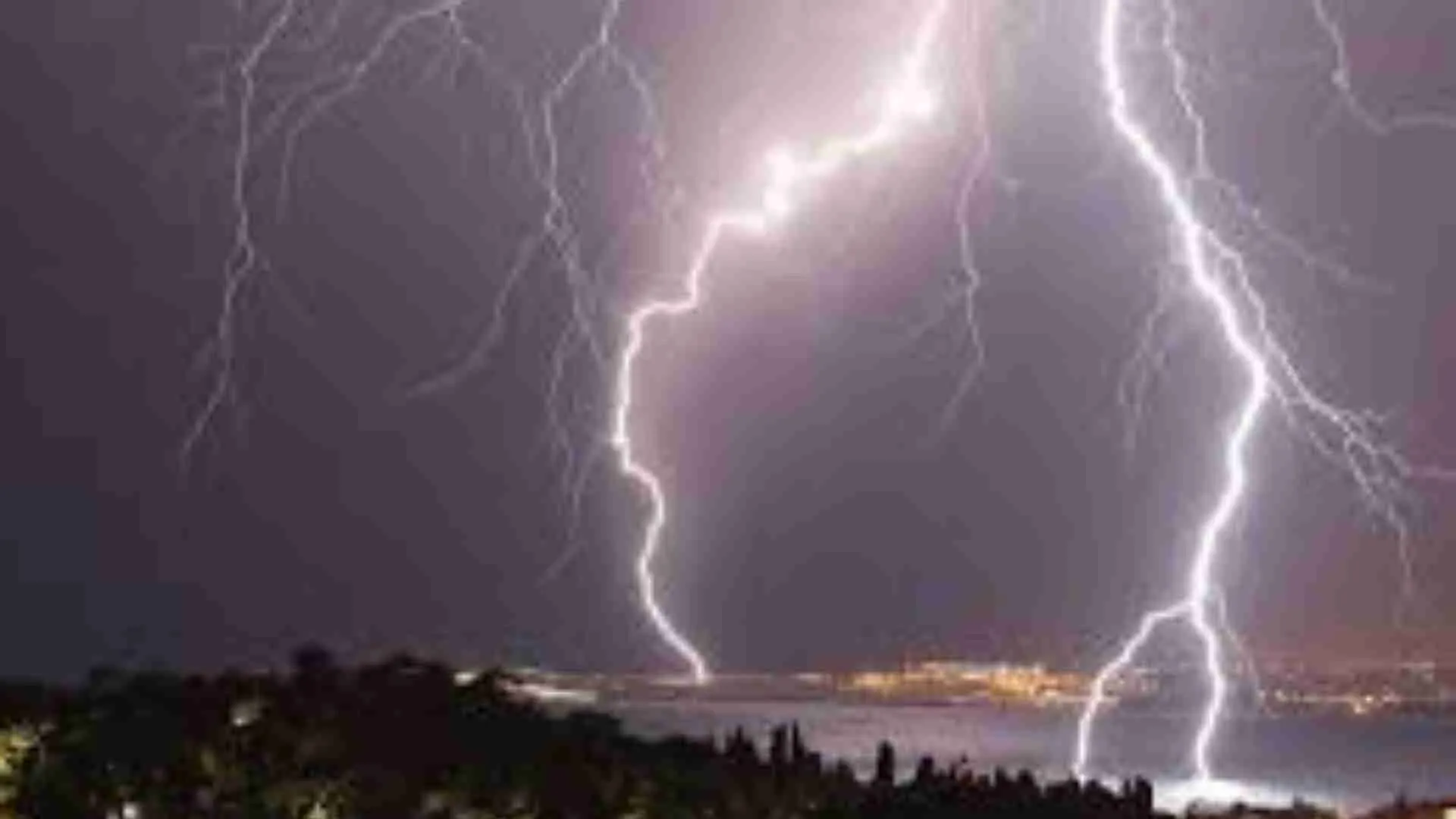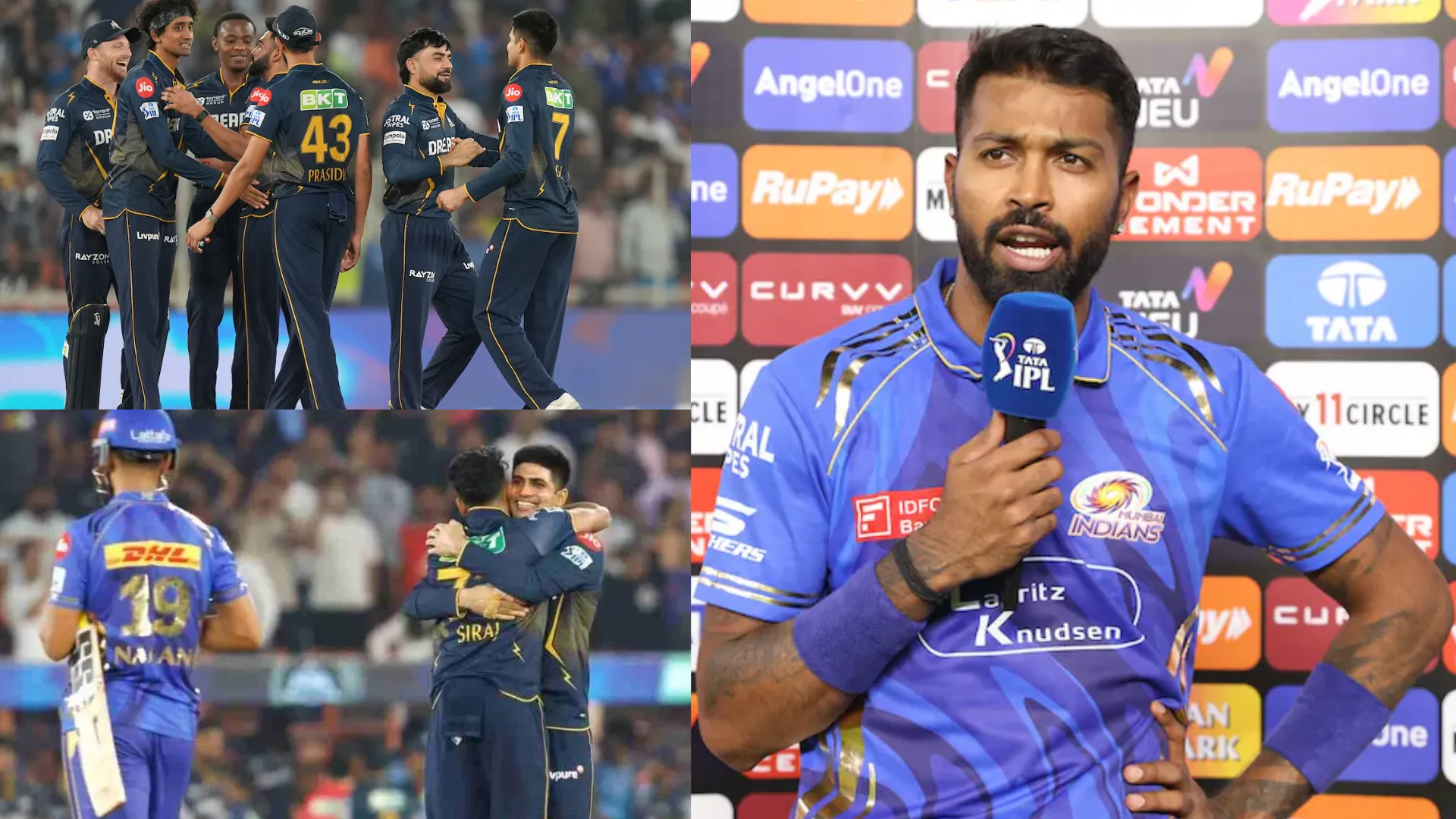With Ramadan coming to an end in its last week, Muslims worldwide await eagerly Eid-ul-Fitr, the festival marking the culmination of a month’s dawn-to-dusk fast.
Ramadan in India started on Sunday, March 2, after the sighting of the crescent moon on March 1. In Saudi Arabia, the holy month began one day earlier, that is, on March 1. According to this schedule, Eid-ul-Fitr in India will either be celebrated on March 31 or April 1, subject to the sighting of the Shawwal crescent moon.
The date of Eid is fixed on moon sighting reports:
- If the crescent moon is sighted on March 30 after evening prayers, Eid will be observed on March 31.
- If the moon is not sighted on March 30, Eid will be observed on April 1.
- The same technique is followed in Saudi Arabia; if the moon is visible on March 29, Eid will be celebrated on March 30.
Otherwise, Eid will be celebrated on March 31.
Why Moon Sighting for Eid?
The Islamic calendar is based on a lunar system, with each Hijri month beginning with the sighting of the crescent moon. As lunar months either have 29 or 30 days, the date of Eid-ul-Fitr that marks the first day of Shawwal (Islamic month ten) varies each year. Religious leaders declare the last date on the basis of moon sightings.
Significance of Eid-ul-Fitr
Eid-ul-Fitr, or the “festival of breaking the fast,” marks the end of Ramadan, a holy time of fasting, prayer, and contemplation. One of Islam’s five pillars, it is a time of thanksgiving, charity, and communal festivities.
About 70 days following Eid-ul-Fitr, Muslims celebrate Eid-ul-Adha, or the “Feast of Sacrifice,” which falls at the end of Hajj, the pilgrimage to Mecca each year.





















